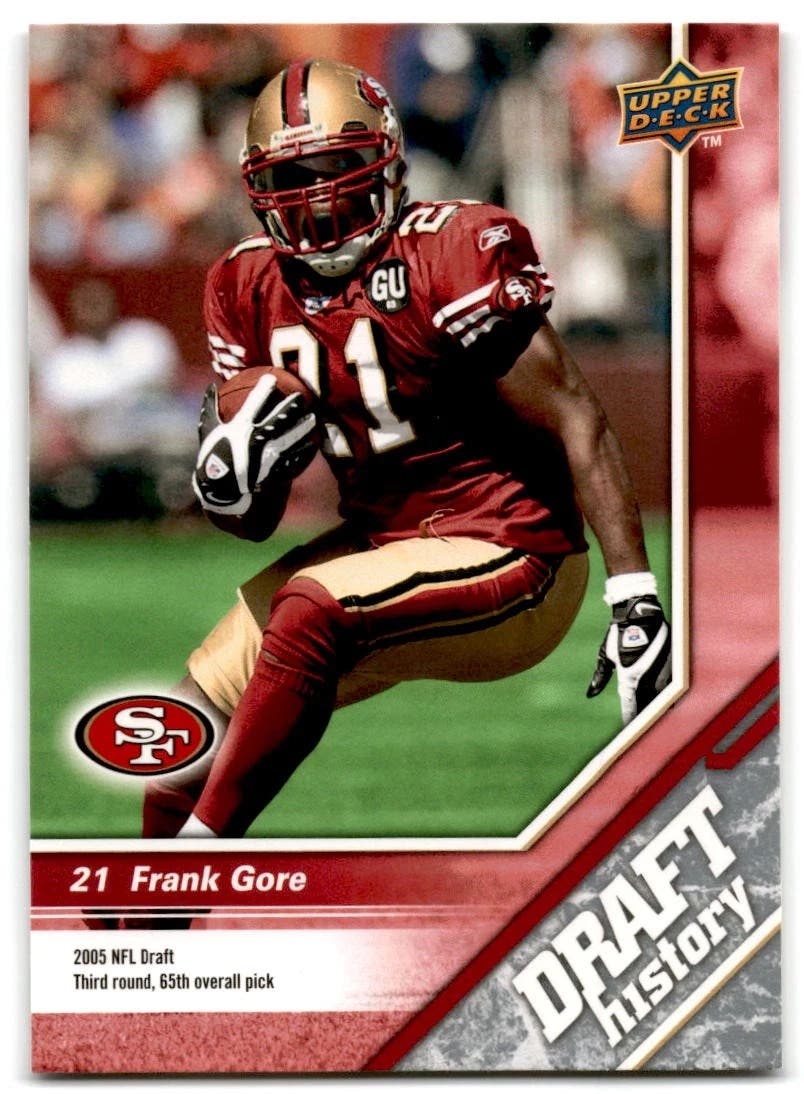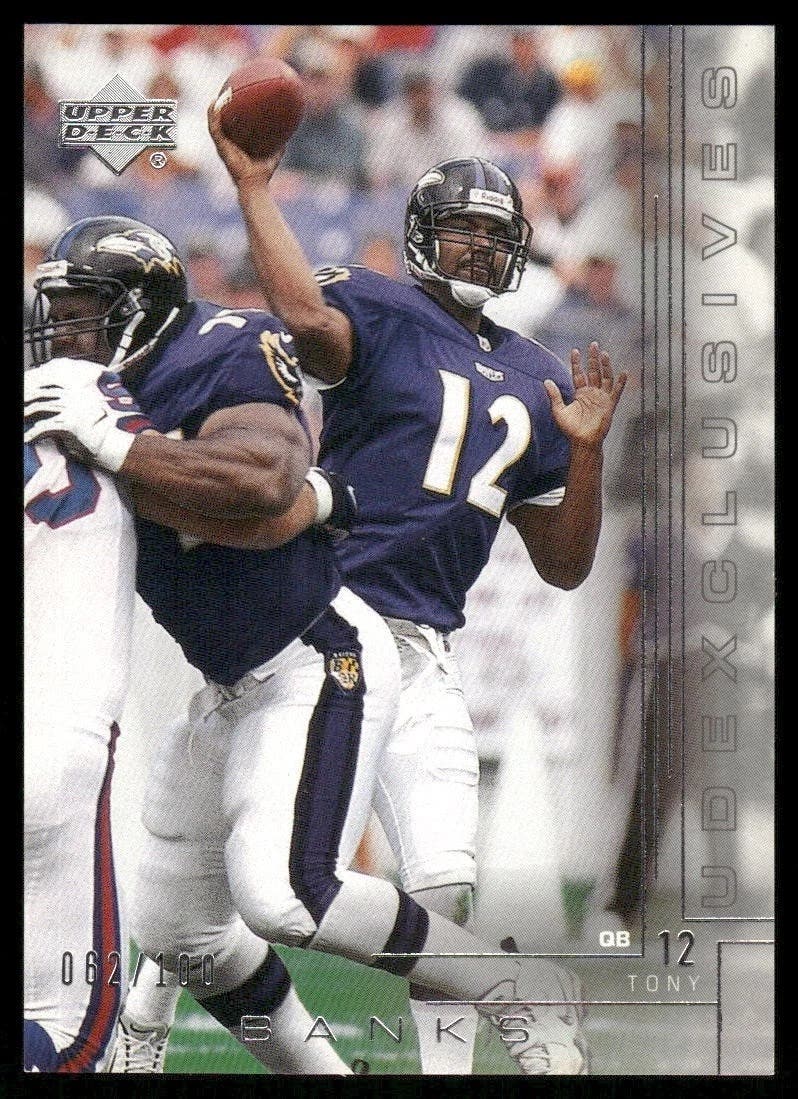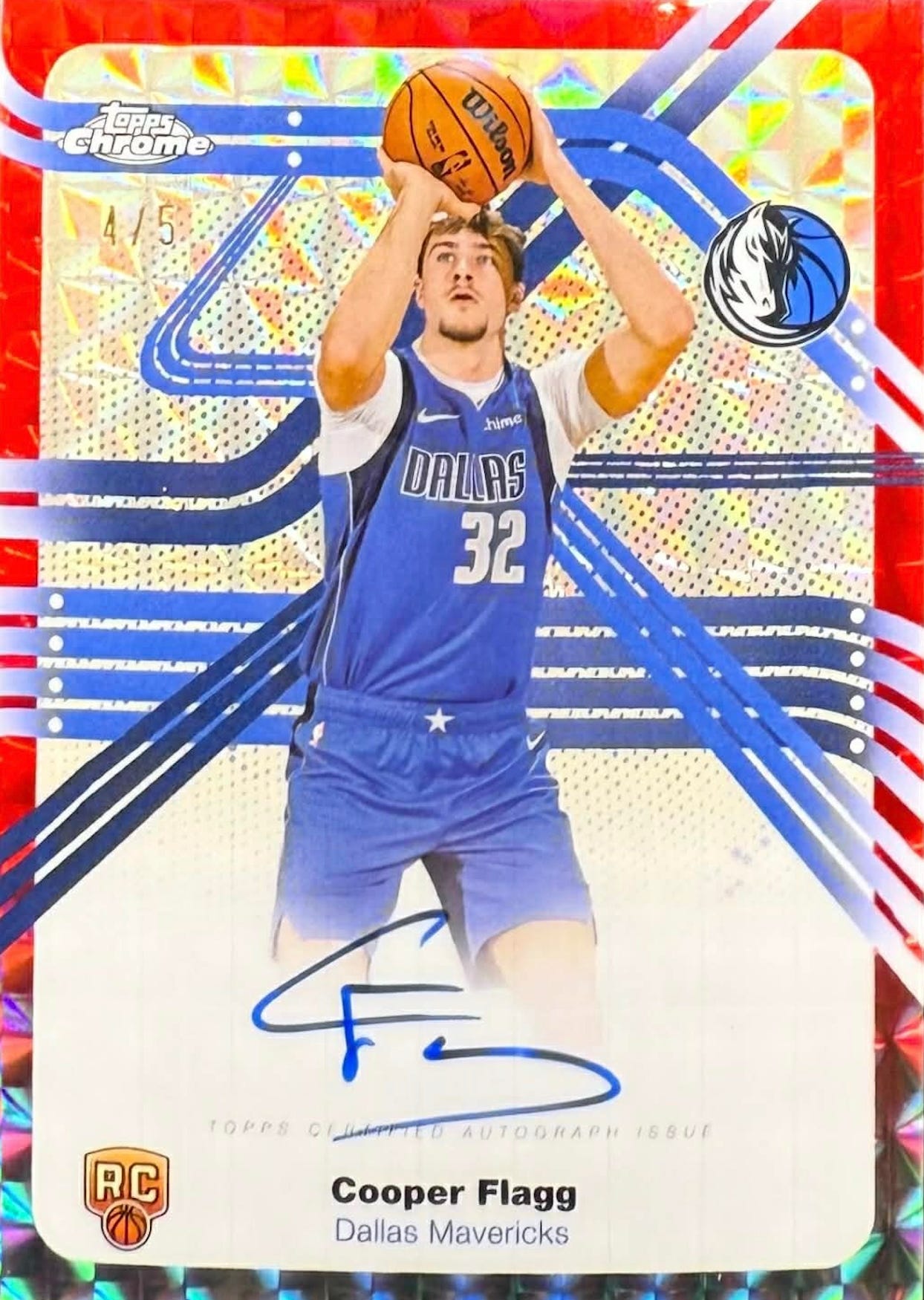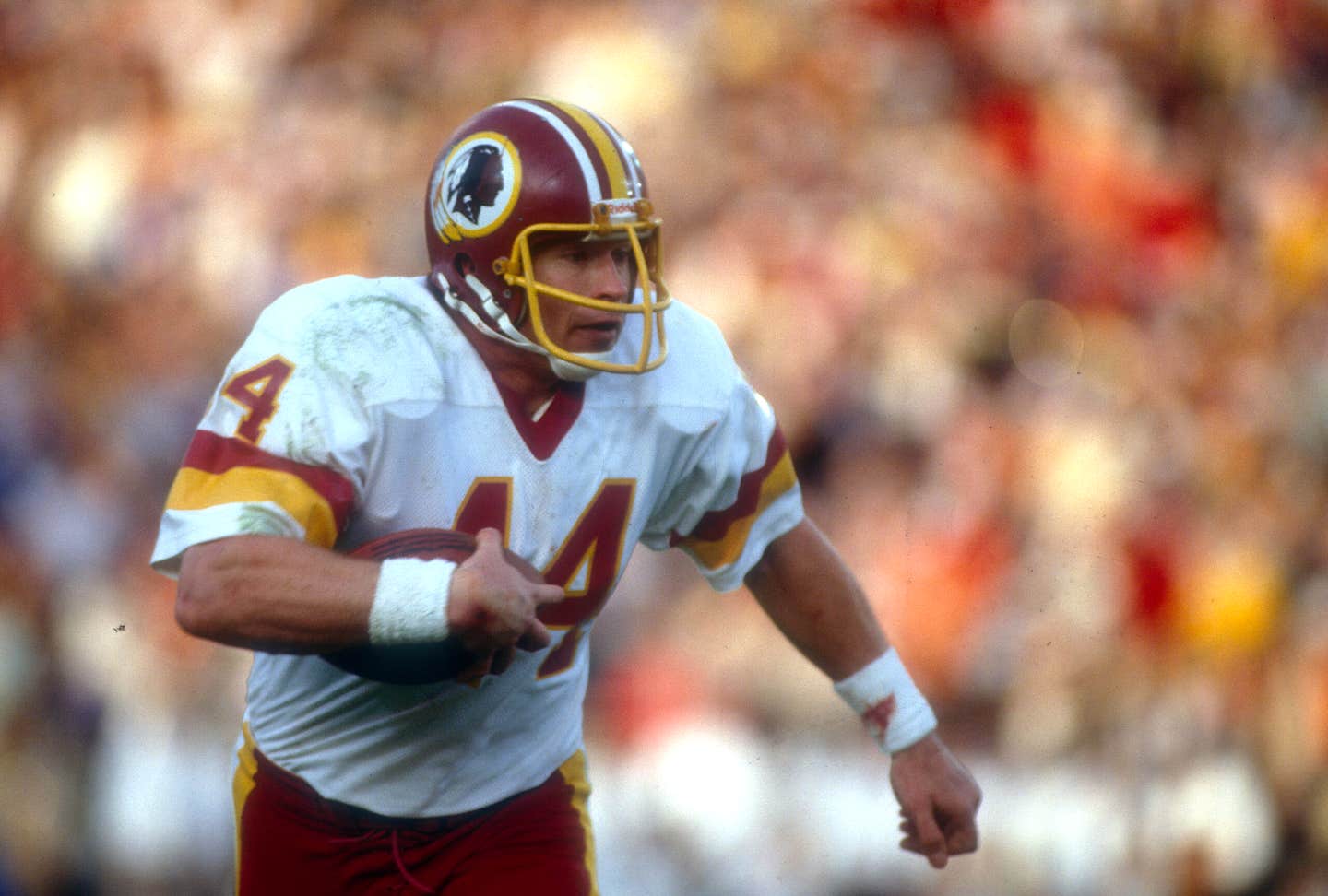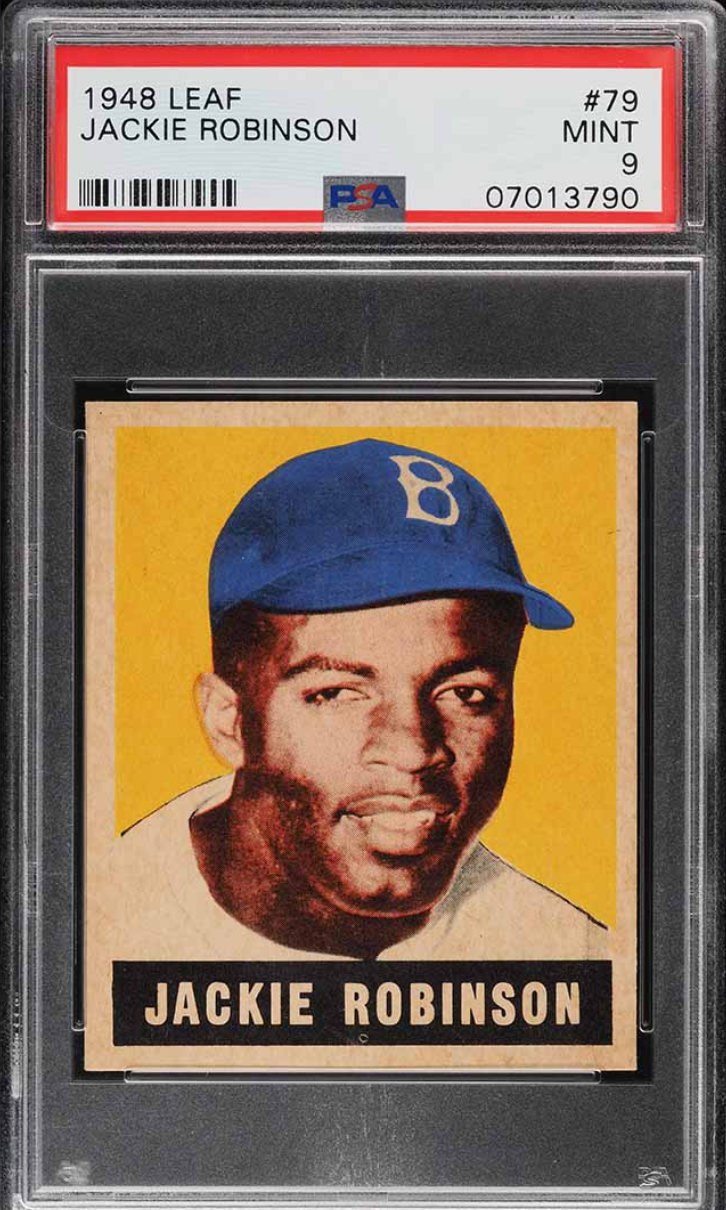News
Will Fanatics do away with dreaded redemption cards?
There are few things sports card collectors hate more than redemptions.
According to Fanatics Chairman and CEO Michael Rubin, they soon may be a thing of the past.
Redemption cards are placed in packs in place of cards that have not been produced yet. When redeemed, the promised cards are supposed to be shipped to customers to replace the redemption cards. They are generally for autographed cards that have not been signed yet.
Collectors hate redemption cards, however, because there are typically long delays before the promised cards are produced and shipped, and sometimes they are not processed at all. Some collectors wait a year or more to receive the actual cards, while card companies like Panini face frequent criticism over the long delays.
Rubin, whose Fanatics company has acquired the rights to produce baseball, football and basketball cards, understands the disdain toward redemptions.
“I heard from so many customers about redemptions,” Rubin told talk-show host Colin Cowherd recently on The Volume. “We hate when we get a redemption. You buy a box of cards and you get a redemption because it was too difficult to get the autograph on the card when they made it. So I think the industry works that way.
“We are looking to say, ‘that is not acceptable.’ So many collectors hate it. We’re saying, ‘how do we eliminate it?’ The mentality is, we need to do better.”
Fanatics acquired Topps, the industry’s oldest card company, last year for $500 million to facilitate its license with MLB. There has been widespread speculation that it is also in the process of buying Panini, which currently has the rights to produce NFL and NBA cards.
In a wide-ranging interview, Rubin also said the sports collectible industry needs to do a better job of marketing its products and taking care of collectors.
“The industry spends less than one percent of revenue on marketing,” he said. “Whether it’s a commercial or more grassroots marketing, there is so little done to promote the collectibles industry but it has grown and grown and grown. I look at it and say there is so much opportunity to innovate the product and so much opportunity to market the product and take better care of collectors. The business has done great.
“So, for me, it’s like, if this is doing this well treating customers this way without innovating and without marketing the product, the sky is the limit for what we can do. In a lot of ways I feel like the business has done really well in spite of not being [good at marketing]. … It’s a massive opportunity.”



